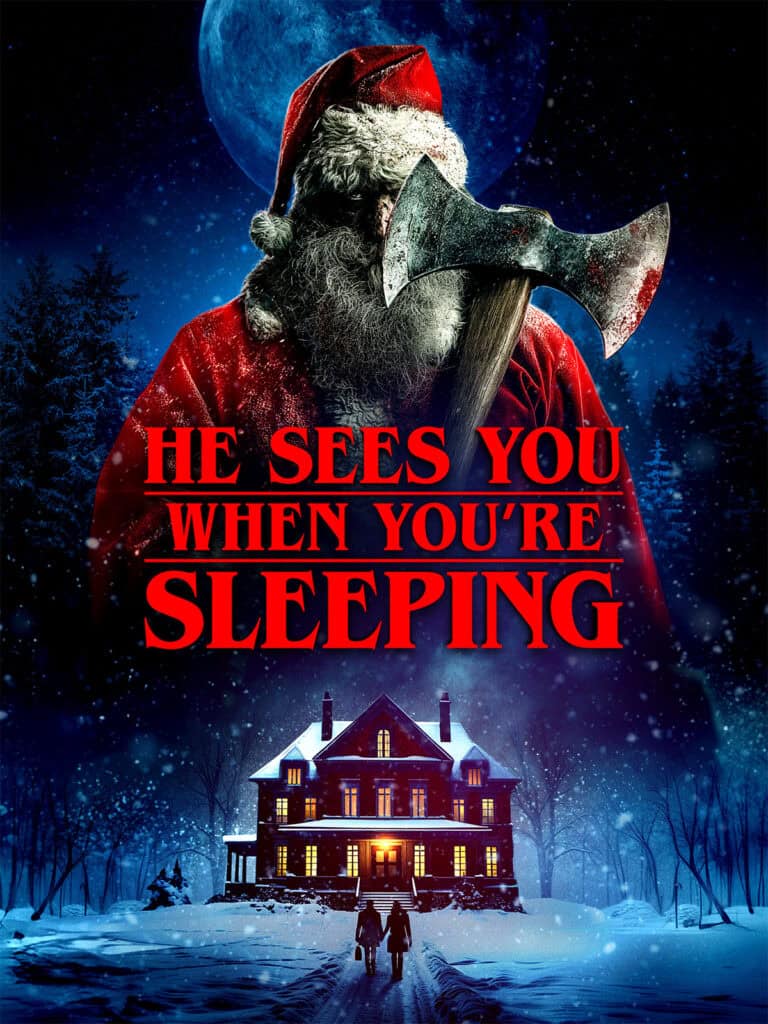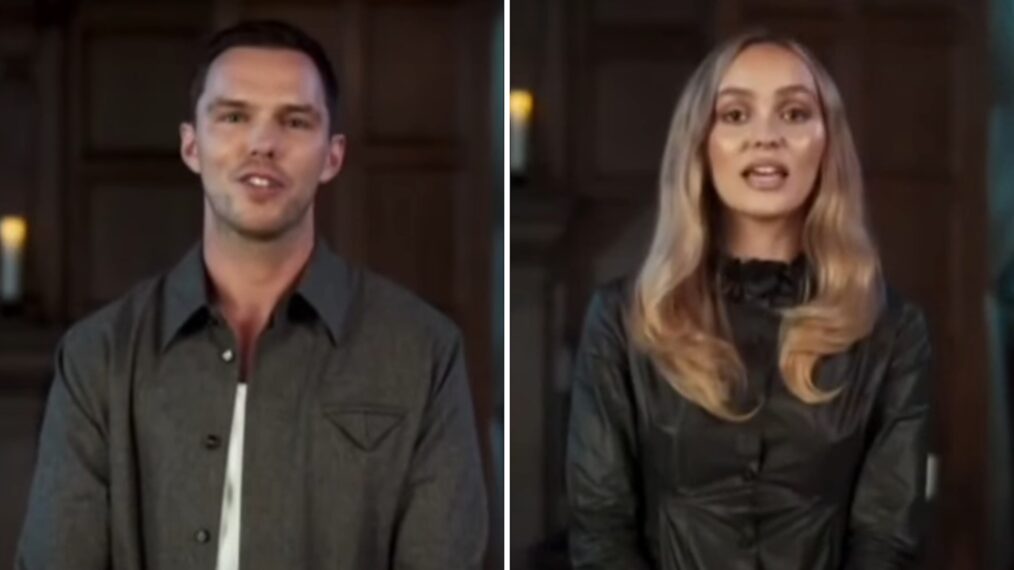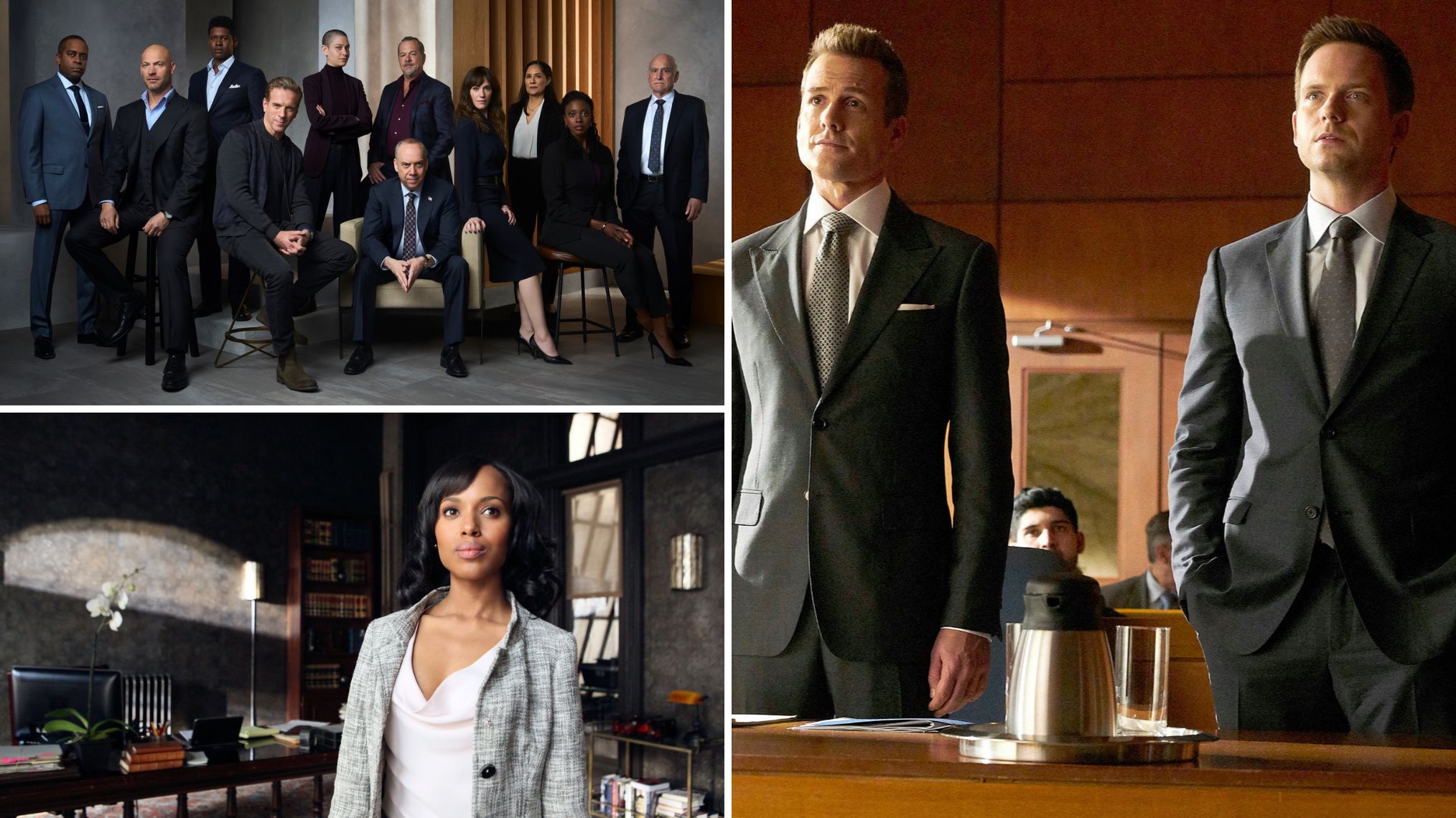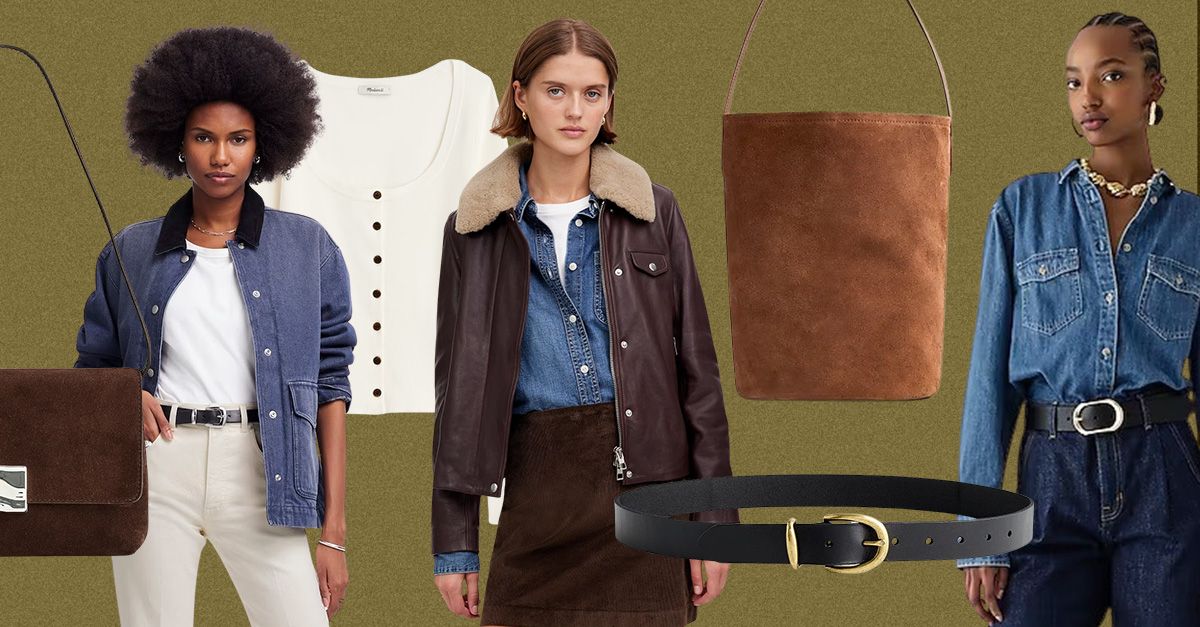For Moses Hendrix, the first sign that something was afoot in his patch of Harlem was the appearance of the “big white Terminator dudes” a week ago. They were poking around the Sanaa Convenient Store at the corner of 139th Street and Broadway owned by his friend, Maad Ahmed.
So he called Ahmed, who let him in on a secret: “Trump’s coming.”
“I said: ‘Get the fuck out of here. Why would Trump come here?’” Hendrix recalled.
But he did, on Tuesday evening, in an unexpected field trip after the second day of his criminal trial in lower Manhattan.
Sanaa, a bodega not much bigger than a closet, was a focal point of the city’s racially tinged law-and-order angst two years ago after a Latino clerk, Jose Alba, stabbed to death a Black customer who was assaulting him. The clerk was charged with murder and then, after howls of outrage, set free.
For the former president, this week’s visit was an opportunity to turn his legal problems into a campaign event. As television cameras and cheering crowds looked on, a tough-talking Trump vowed to “straighten New York out”. It was also an ideal backdrop to restate his claim that Alvin Bragg, the Manhattan district attorney, was pursuing him at the expense of actual victims of crime and violence.

Two days later, the west side of Harlem was still abuzz. “Eso es la bodega!” — that’s the bodega! — a woman said to a friend as they strolled past.
It turns out that many in the spiritual home of Black New York — albeit, a neighbourhood increasingly populated by Latinos and Middle Eastern immigrants — were at least sympathetic to Trump, if not outright supporters. Several expressed discontent with the economy and immigration, as well as a fondness for a New York icon who — while born rich — had somehow made himself a symbol of outsider hustle and grit.
“Trump is actually popular,” said Federico Rosario, 40, a father of three, who works in insurance sales. “If you ask me, the country was better when Trump was [in the White House].”
The nattily dressed Dominican native dismissed the contention that Trump, who has broken bread with White nationalists at his private club and described immigrants as rapists, was racist. He was just plain-spoken in a way that other politicians refused to be.
Anthony Hayes, 43, a security guard who works in Midtown Manhattan but was born and raised in Harlem, agreed. “At the end of the day, I think he’s going to be president,” Hayes said, expressing frustration at a post-pandemic plague of shoplifting and petty crime.
Not everyone praised Trump. “Mucho loco” — very crazy — an older woman remarked, shaking her head.
Julie Puello, 30, a self-described Democrat who moved to New York five years ago from the Dominican Republic, also had a visible distaste for Trump’s combative personality. Still, Puello understood his appeal to many in the neighbourhood. Even recent arrivals like herself were unhappy with a surge of immigration and the perceived benefits that newcomers were receiving at their expense.
“It’s a headache,” she said of the issue.
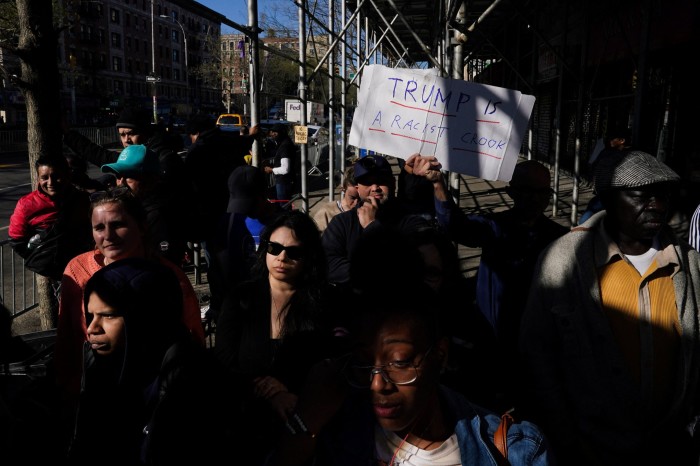
Trump’s relationship to Black New York is more complicated than his foes might suggest. He was once a mainstay of hip-hop songs by artists including Ice-T and Lil Wayne. In that world, and before his political days, he was deployed like Cristal or a Mercedes-Benz — a sign of material success. “Back in the day, you wanted to be like that guy because he’s rich,” is how Hayes put it.
Trump has long been friends with Don King, the Black boxing promoter, with whom he staged a series of Mike Tyson fights at his Atlantic City casinos. In 2017, King told Politico: “I say, ‘Mr President, you know what it’s like to be a Black man . . . No matter what you say or do, you’re guilty as hell.’”
At recent campaign rallies Trump has stepped up his appeal to Black voters by expressing sorrow that they would be worst affected by uncontrolled immigration. “Honestly, it should be 100 per cent of the Black people [that] vote for Trump because I did more for Black people than any president other than Abraham Lincoln,” he said at an event in Georgia in March. “It’s true.”
But Trump is also the man who, to this day, refuses to apologise for buying a full-page advertisement in The New York Times in 1989, calling for the state to reinstitute the death penalty for the Central Park Five — a group of Black and Hispanic young men who were wrongly imprisoned for the rape of a jogger that inflamed the city.
“I’ll never forget it,” said Hendrix, 52, who grew up in Harlem and now owns a clothing store, Feared Voices, that sells baseball caps and apparel. (He was wearing an obligatory Knicks hat.) Nor has Hendrix forgotten how Trump encouraged the conspiracy theory that Barack Obama, the first Black president, was not an American citizen.
“We were, like, ‘Wow. What kind of time is Trump on right now?’” he said, recalling his reaction. “He was cool once upon a time.”
Yet it would be mistaken for Democrats to assume that, on racial matters, Hendrix had much sympathy for Biden, either. One of his cousins spent 22 years in prison for a crack cocaine offence under the tough-on-crime sentencing guidelines that the then-senator championed in the 1990s.
As a small-business owner, his biggest concern appeared to be the Biden economy, whose robust top-line numbers did not seem reflective of the situation on the ground in Harlem. “Tell that to me who’s got a shit-load of inventory here I can’t move,” he said.
Ahmed, 36, also felt the precarity of the economy. “These kinds of businesses, if you’re not on top of it, you lose it,” he said, standing in his cramped shop amid an explosion of colourful wrappers and advertisements for crisps, candies, sodas, lottery tickets and the like.
Pinned to the entryway was an American flag and taped to the security glass by the register was a handwritten sign that read: “It is haram to buy from thiefs.” It was a message that the Sanaa Convenience Store would not be participating in a local racket in which goods stolen from large chemists, such as CVS, are resold at bodegas.
Eight years ago, Ahmed fled the war in Yemen with his wife and two sons. Two days ago, he hosted the former American president in his humble bodega. He seemed more sheepish than delighted about all the attention.
He was dismayed, he said, when Trump issued an executive order banning incoming travellers from six Muslim nations, including his native Yemen, soon after taking office in 2017. But he now appreciated the former president’s campaign against illegal immigration.
“If you want to come to this country, you have to have papers,” he said. “He’s doing the right thing.”
Then he added: “I think he’s better than Biden. Stronger than Biden.”


























































![Mason Ramsey – Twang [Official Music Video] Mason Ramsey – Twang [Official Music Video]](https://i.ytimg.com/vi/xwe8F_AhLY0/maxresdefault.jpg)







